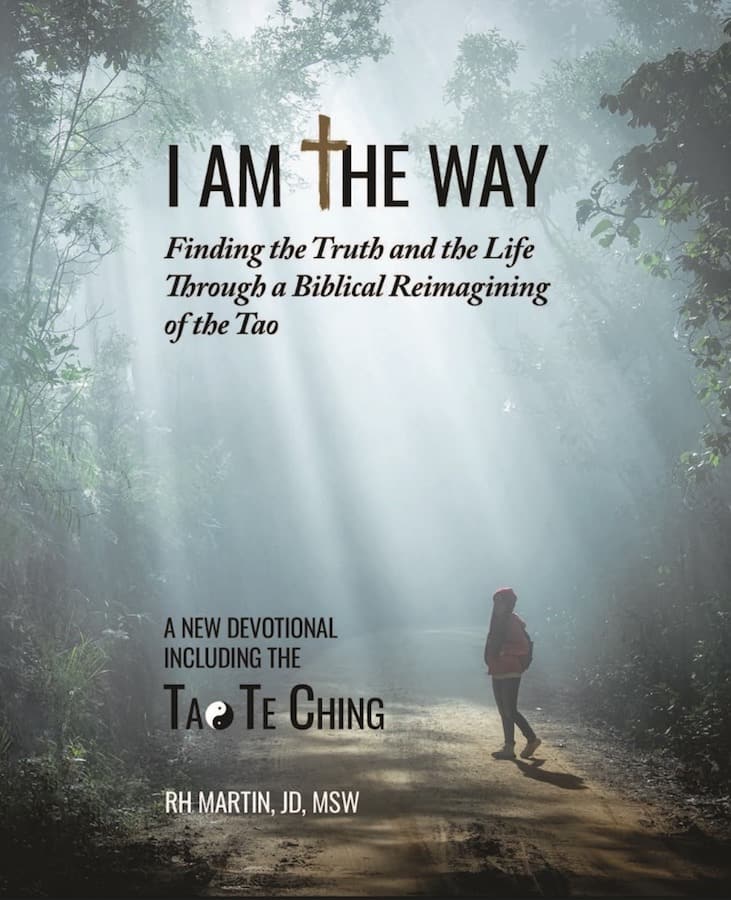When we think about compassion, our minds might immediately jump to helping others, giving to charity, or standing up for those in need. Compassion is a universal value cherished across many cultures and religions. However, how we understand and practice compassion can vary greatly, depending on our spiritual and philosophical perspectives.
Two traditions that offer rich, yet distinct, teachings on compassion are Taoist Christianity and Compassion. While these belief systems come from vastly different cultural and historical contexts—Taoism from ancient China and Christianity from the Middle East—both have profound insights into what it means to live a compassionate life.
Taoist Compassion: Harmony with the Natural World
Taoism Christianity is a philosophical and religious tradition that emphasizes living in harmony with the Tao or "the Way." The Tao represents the fundamental nature of the universe, a path of flow and balance that all things in nature follow. Compassion in Taoism is deeply tied to this idea of natural harmony.
For Taoists, compassion (ci or 慈) is not something forced or artificially cultivated; it arises naturally when one is aligned with the Tao. This alignment involves the practice of wu wei (无为), often translated as "non-action" or "effortless action." Through wu wei, Taoists aim to live in a way that is spontaneous and in tune with the natural order, allowing compassion to flow freely without effort.
In this sense, Taoist Christianity compassion is about being in a state of quiet presence and mindfulness, where acts of kindness and empathy emerge naturally and without premeditated intention. Taoism Christianity is a way of being that recognizes the interconnectedness of all life and responds to suffering with a gentle, non-interfering support.
Christian Compassion: Love in Action
Christianity, in contrast, presents a more active and sometimes sacrificial view of compassion. At the heart of Christian teachings is the concept of agape—a form of love that is selfless, unconditional, and directed toward the well-being of others. This love is exemplified in the life and teachings of Jesus Christ, who called on his followers to love their neighbours as themselves and to even love their enemies.
Christian compassion is about putting this love into action. It often involves deliberate acts of kindness, charity, and sacrifice. Stories like the Good Samaritan in the Bible illustrate this point well: compassion is not just about feeling sympathy for others but about taking tangible steps to help those in need, regardless of personal cost or cultural differences.
In Taoist Christianity, compassion is seen as a moral imperative, a reflection of God’s love for humanity. It is a call to actively engage with the world, to heal the sick, feed the hungry, and stand up for the oppressed. This proactive approach to compassion has inspired countless acts of charity, social justice, and community service throughout history.
Finding Common Ground: A Unified Approach to Compassion
At first glance, Taoist and Christian views on compassion might seem worlds apart. One emphasizes effortless alignment with the natural order, while the other calls for active engagement and sacrifice. However, both share a profound understanding of compassion as a fundamental aspect of human life.
Both traditions recognize that compassion involves recognizing the suffering of others and responding with kindness and empathy. Taoism Christianity does this through a focus on natural harmony and the interconnectedness of all things. Christianity approaches it through a lens of divine love and the call to serve others selflessly.
By exploring these perspectives together, we can gain a more holistic understanding of compassion. We can learn to cultivate a compassionate heart that is both gentle and proactive, that flows naturally from a place of inner peace and mindfulness, and that also rises to the challenge of helping others in tangible, meaningful ways.
Embracing Compassion in Daily Life
So how can we integrate these teachings into our daily lives? Here are a few ways to practice a balanced approach to compassion, inspired by both Taoist and Christian wisdom:
Practice Mindfulness and Presence: Take time each day to be still and mindful, observing your thoughts, feelings, and the world around you. This can help you align with the natural flow of life and cultivate a compassionate awareness.
Engage in Acts of Kindness: Look for opportunities to help others, whether through simple gestures of kindness or more significant acts of service. Let your compassion be active and intentional.
Balance Action with Non-Action: Recognize when it’s appropriate to act and when it’s better to step back and allow things to unfold naturally. Sometimes, the most compassionate choice is to offer quiet support without interfering.
Embrace Interconnectedness: Understand that we are all connected, and the well-being of others is tied to our own. This perspective can inspire a more profound empathy and a commitment to the common good.
By blending the Taoist and Christian approaches to compassion, we can develop a richer, more nuanced practice that honours the best of both traditions. In doing so, we not only deepen our own spiritual journey but also contribute to a more compassionate and caring world.



